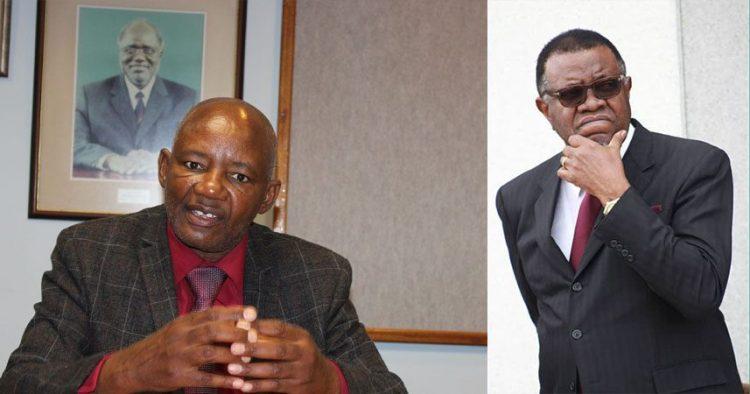THE Namibia Investment Promotion and Development Board (NIPDB) has found that the New Equitable Economic Empowerment Bill (NEEEB) has had a devastating effect on the private sector, stating that the bill does not only drive away investors but may pose a threat to small businesses.
In this regard, the board is currently working on a project to fine-tune the NEEEB.
Nangula Uaandja, the Chief Executive Officer of the NIPDB stated that the board does not have the power to change the bill but is merely there to reconcile public as well as private sector views on the bill.
“The public sector is of the view that the bill is a necessity towards addressing the huge inequality gap in the country whilst the private sector has raised some concerns on the bill. We will coordinate inputs from the private sector and present the bill to the office of the Prime Minister,” Uaandja said.
In a presentation, Uaandja noted that due to limited details and in the absence of the applicable regulations that usually provides clarity, the law currently provides uncertainty and lacks the clarity that investors would consider relevant when they evaluate the location for investment. The NIPDB is tasked to increase the inflow of Foreign Direct Investments into the country and is required to raise at least N$2.1 billion.
Uaandja further noted that in the absence of standards to state otherwise, one can conclude that every entity that does business in Namibia will be required to comply with this law.
This will cause an unbearable administrative burden especially to small businesses who have no capacity to comply. This will further stifle entrepreneurship. Government should consider a threshold to exclude smaller entities, based on prescribed scores and/or procurements/transactions of a certain value. Things to concern could be for example the Value of Turnover of the entity and its concerned parties as well as its assets,” Uaandja noted.
She further explained that investors will need to understand the rules of the game and what they are signing up for when they invest in Namibia and that in its current form, the bill gives a wide range of discretionary powers to an unspecified minister.
Uaandja also stated that a legal opinion has been obtained from an experienced Constitutional Judge indicating that some of the provisions of the Bill might be successfully challenged in a court of law.
“In the interest of a conducive business environment, it would be ideal for this law to be effective as soon as it is promulgated and thus any such items should be reviewed and resolved before the Bill is placed before Parliament,” Uaandja stressed.
She further noted that there is a concern which is also identified as part of the constitutionality challenges about what happens when the historic past are redressed? This has led to a call for a sunset clause.
“There is a concern that the absence of the principle of “once empowered, always empowerment” lead to a huge amount of recycling of empowerment transactions and a repeat empowerment funding by companies which would become prohibitive and unaffordable to the economy,” Uaandja said.






